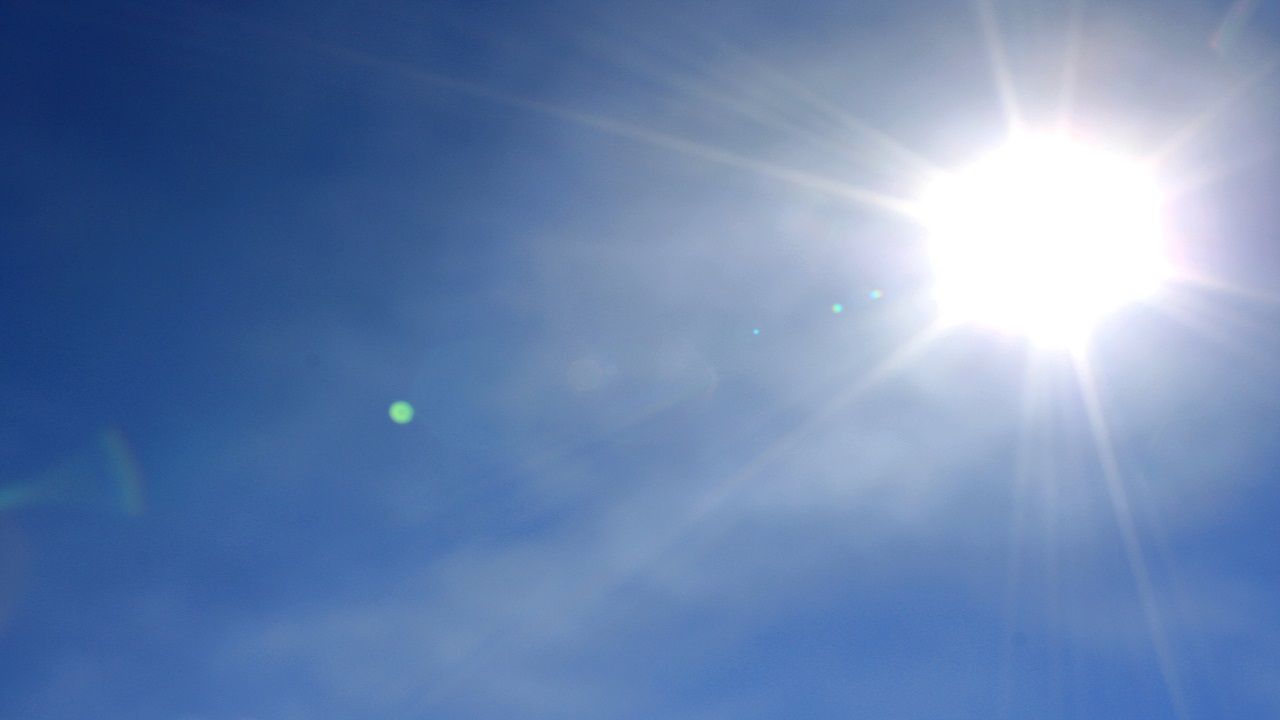When you’re watching Weather On The Ones on Spectrum News 13, you hear us talk about what it “feels-like” in comparison to the actual air temperature.
So what is the “feel-like” temperature we often refer to?
It is the heat index. It combines the actual air temperature to the amount of moisture, or humidity, in the air.
The higher the humidity and the higher the temperature, the hotter it actually feels on your skin.
When you sweat and the humidity is low, your body is able to cool itself down on its own through the evaporation of the sweat.
It is like when you get out of the shower and the air inside your house is dry, the water evaporates leaving you feeling cool.
The same happens when you’re outside exercising or working outdoors.
During the summertime, it is always hot in central Florida, but in the summer sometimes, it does feel hotter than normal.
Not necessarily, because temperatures are well above their averages and breaking records, but due to the higher humidity.
When dew point temperatures start to exceed 75 degrees, the air feels oppressive the moment you step outside.
Now combine that high humidity with our Central Florida summertime heat that is typically in the low to mid-90s.
The heat index or the “feel-like” temperature will often exceed 100 degrees.
This high humidity then prevents your body from being able to cool itself down through the evaporation of your sweat.
If your body can’t cool itself down, you’ll start to use more energy and potentially over work yourself to the point that you suffer from heat exhaustion or a heat stroke.
That’s why it’s always important to remember the heat safety tips, such as drinking water, taking breaks in the AC or shade, wearing lightweight clothing and not overexerting yourself during the peak heating of the day in the afternoon.
Heat is the number one weather-related killer in the U.S.
On average, 136 people die from heat related causes each year in the U.S. In 2018, there 108 deaths attribute to the heat.
The second leading weather killer is flooding.
Here are some signs that you or someone may show if suffering from heat exhaustion, or even worse, a heat stroke.





